Blog categories
Search in blog
Popular posts

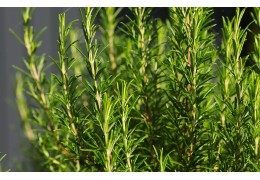

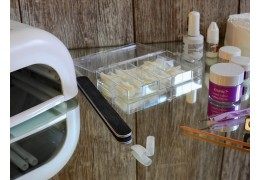

Featured posts





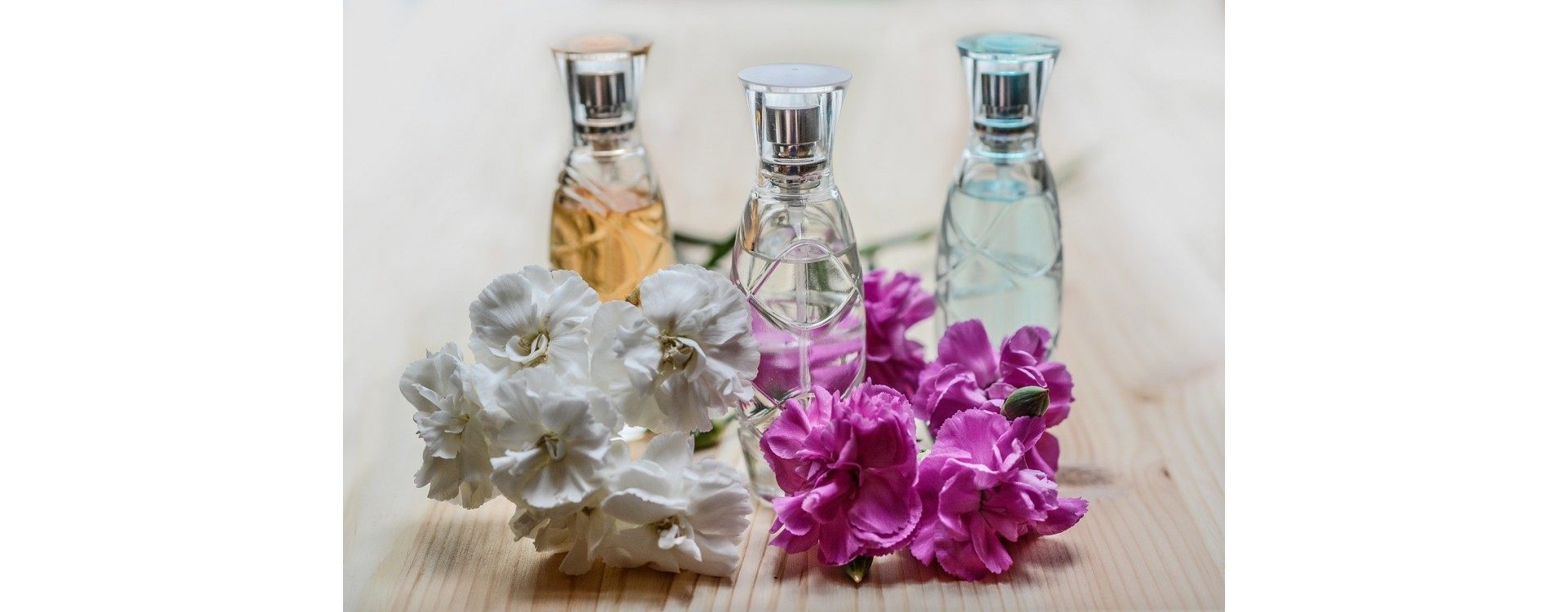
It has been a while since we have witnessed a real awareness and the use of natural products for the beauty routine is spreading. But, many women then realized that their usual perfume was still composed of a lot of chemical ingredients. It was therefore time to switch to natural perfumes. Since it is essential to be consistent with what we use, in skincare and cosmetics, and if we exclude products containing chemicals and endocrine disruptors from our bathrooms, why should we agree to wear them as perfume? every day ? Let's first go back to the traditional methods of perfumery before exploring the ingredients that are problematic today. Then we can look at the options available to us. Fragrances: why opt for natural ingredients?
Presumably, man has been using perfumes for as long as the world has existed. It seems that even in the Neolithic, people applied herbs to their bodies to give off a pleasant scent. In addition, there are references to the use of perfumes among the Sumerians, Egyptians and Greeks, both in the framework of spiritual rituals (mummification of corpses, sacrifices to divinities...) than of profane activities. Until the end of the medieval era, the art of creating perfumes was still quite primitive. They ground up tree bark and resin, before combining them with animal fat and musk.
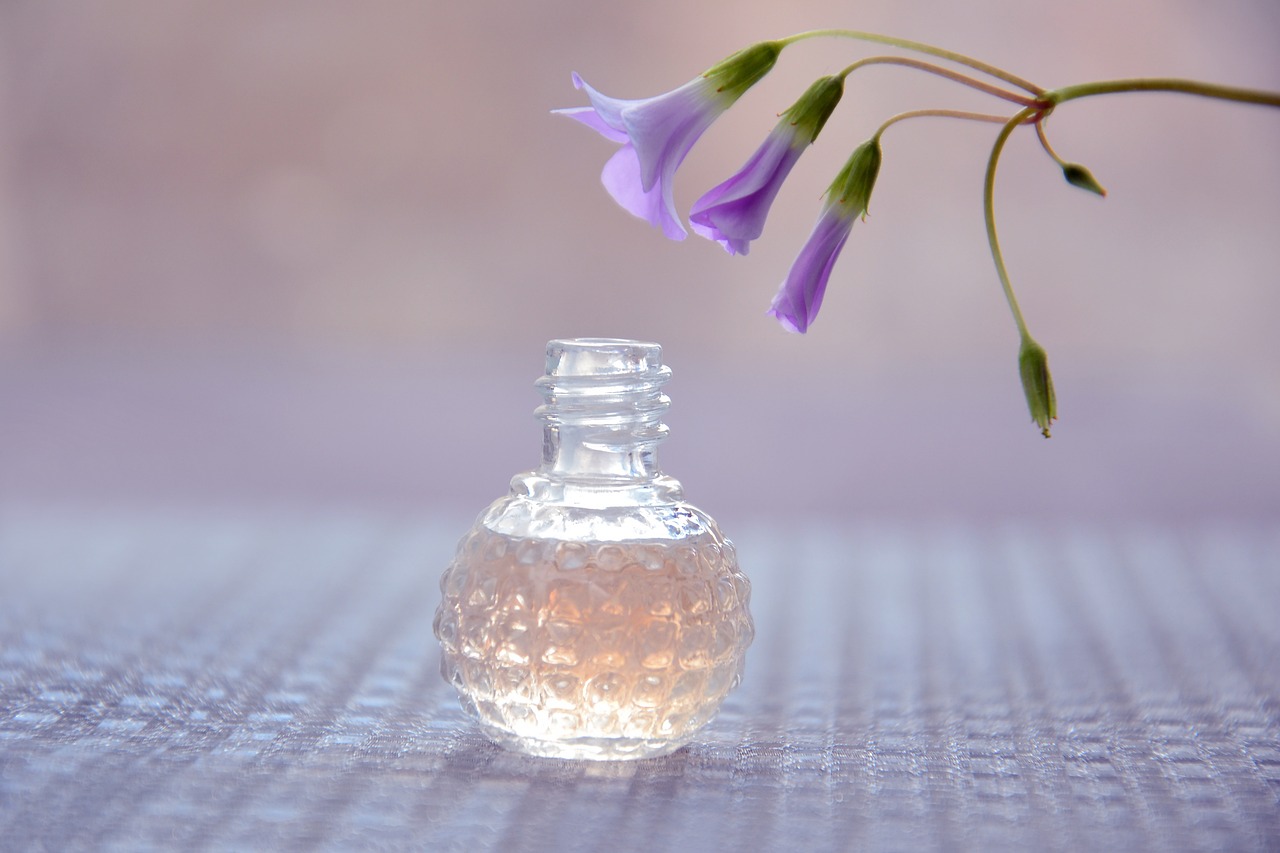
During the Renaissance, perfumery boomed. This is partly due to the poor hygiene prevalent at that time, which necessitated the use of perfumes to mask bad smells. In addition, two major developments contributed to the rise of the industry: the invention of the still, which enabled distillation, and the discovery of ethyl alcohol, which provided a new base for perfumes. Grasse became the nerve center of perfumery at this time, specializing in the production of delicate floral extracts.
At the end of the 19th century, a new period of perfume production began with the advent of industrialization, which allowed mass production. Department stores and the beginnings of synthetic fragrances allowed more people to access and enjoy these products. The golden age of French perfumes then stretched from 1920 to 1960, but the industry was eventually taken over by American companies who relied on powerful methods of advertising and merchandising.
The perfumes considered "classic" these days contain complex blends of synthetic materials and modified ingredients. In 2005, a Greenpeace study discovered dangerous elements inside 36 of the most famous perfumes on the market.
The main problem component of perfume is the alcoholic base. Generally, the alcohol is denatured, which means that it is made unfit for consumption. To do this, we use DEP (diethyl phthalate), which is considered less toxic than other phthalates, but which remains classified as an endocrine disruptor. Studies have confirmed that it can cause changes in sperm and respiratory health. This is an important point to take into account, since we inhale the perfume. When it comes to natural perfumes, the perfumer chooses a phthalate-free alcohol, such as wheat or beet.
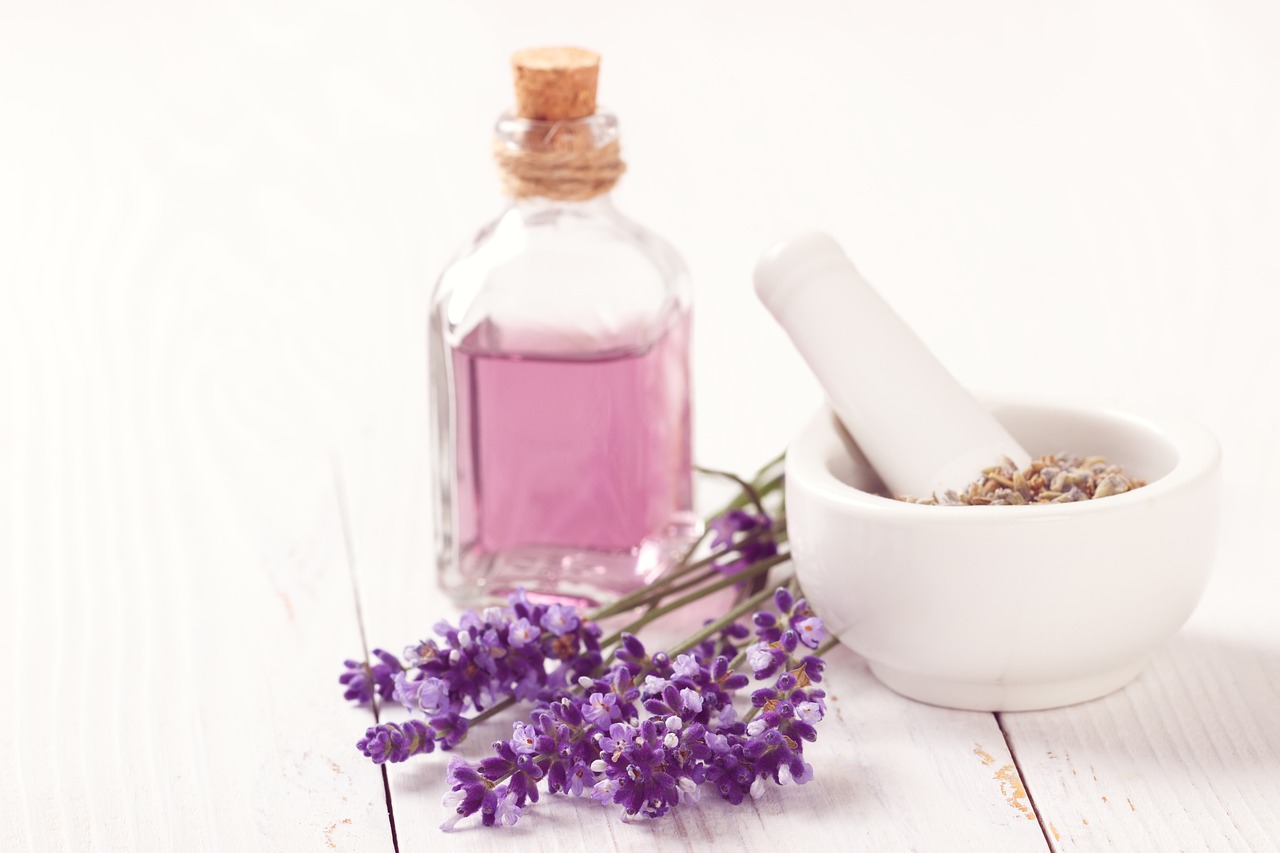
To give a pleasant tint to the perfume and maintain its integrity, standard perfumery uses chemical filters. One such filter is BHA (butylated hydroxyanisole), which is an antioxidant, but is classified as "probably carcinogenic" by the International Agency for Research on Cancer. It can be dangerous for the reproductive and endocrine systems. Another antioxidant, BHT, often substitutes for BHA, but the National Health Security Agency suggests it's also likely an endocrine disruptor, with impacts on hormones and fertility. It is clear that these substances are not incorporated into a natural perfume.
As for the scent itself, natural perfume is made up of all-natural molecules derived from plants, usually in the form of floral waters and essential oils with a multitude of of benefits. However, keep in mind that just because a product is natural does not necessarily mean it is safe. Ingredients may contain natural allergens and essential oils may be harsh and cause irritation in some people.

Having a more readable list of ingredients on the label is great, but what about the reliability of natural fragrances and their shelf life? Musk is often the main factor contributing to the longevity of the perfume. Although the natural version of this musk is of animal origin, it is rarely used in Europe and is often replaced by synthetic musk.
However, this synthetic musk is not included in the new generation of ecological perfumes. Fortunately, some perfumes are an exception, and are made from 100% clean ingredients. To make a fragrance that lasts, the brand has cleverly chosen strong notes like jasmine. So you can now have a perfume that not only smells good, but also has a positive impact on the environment and your health!